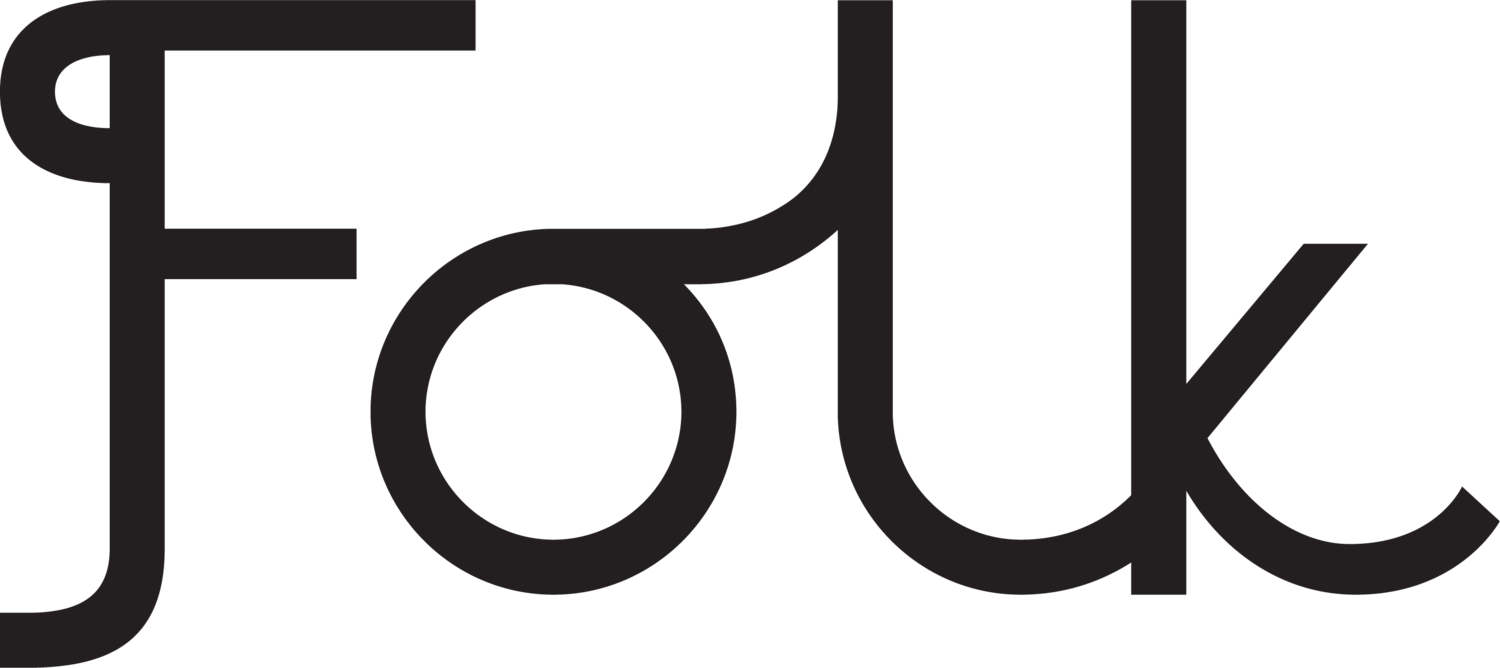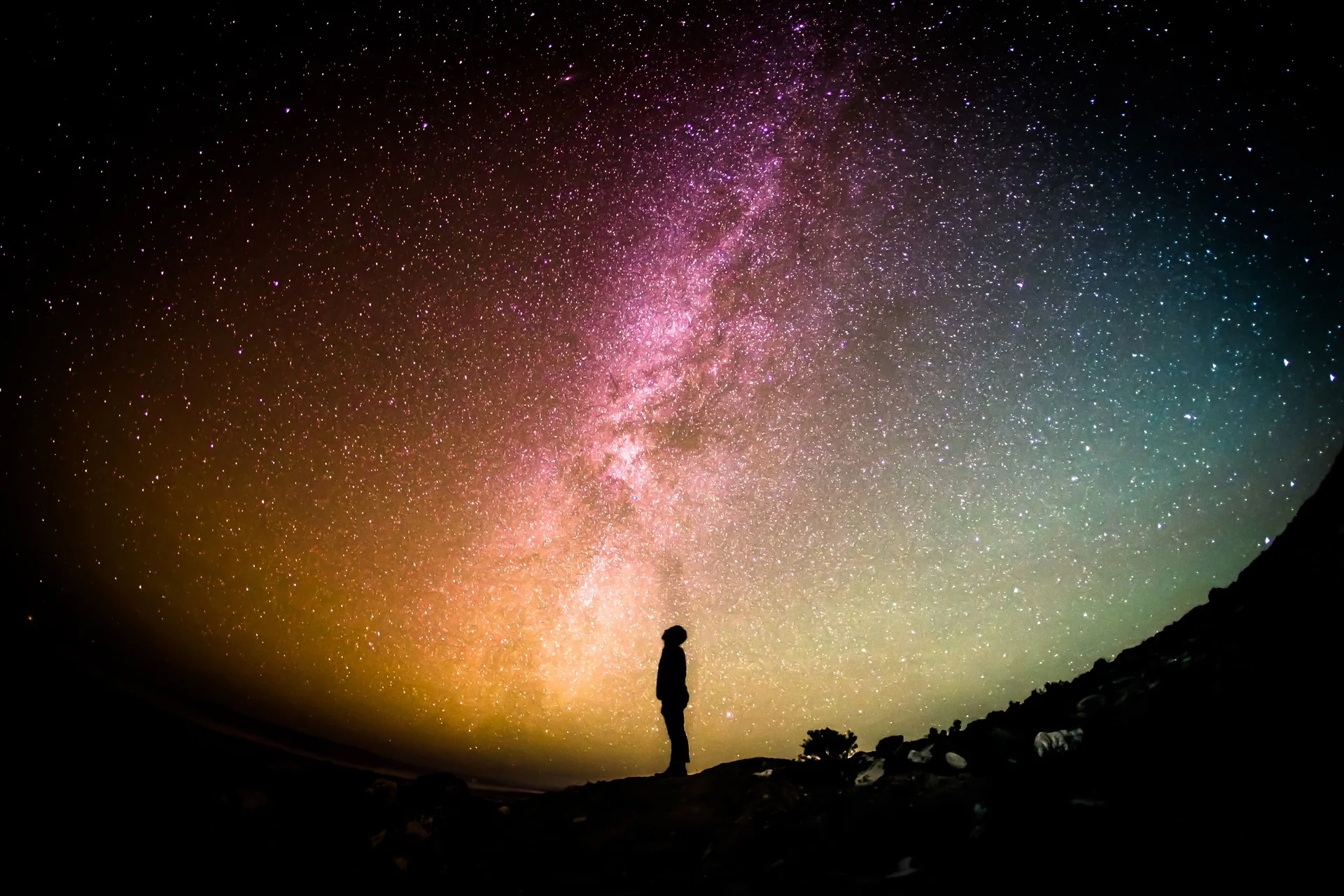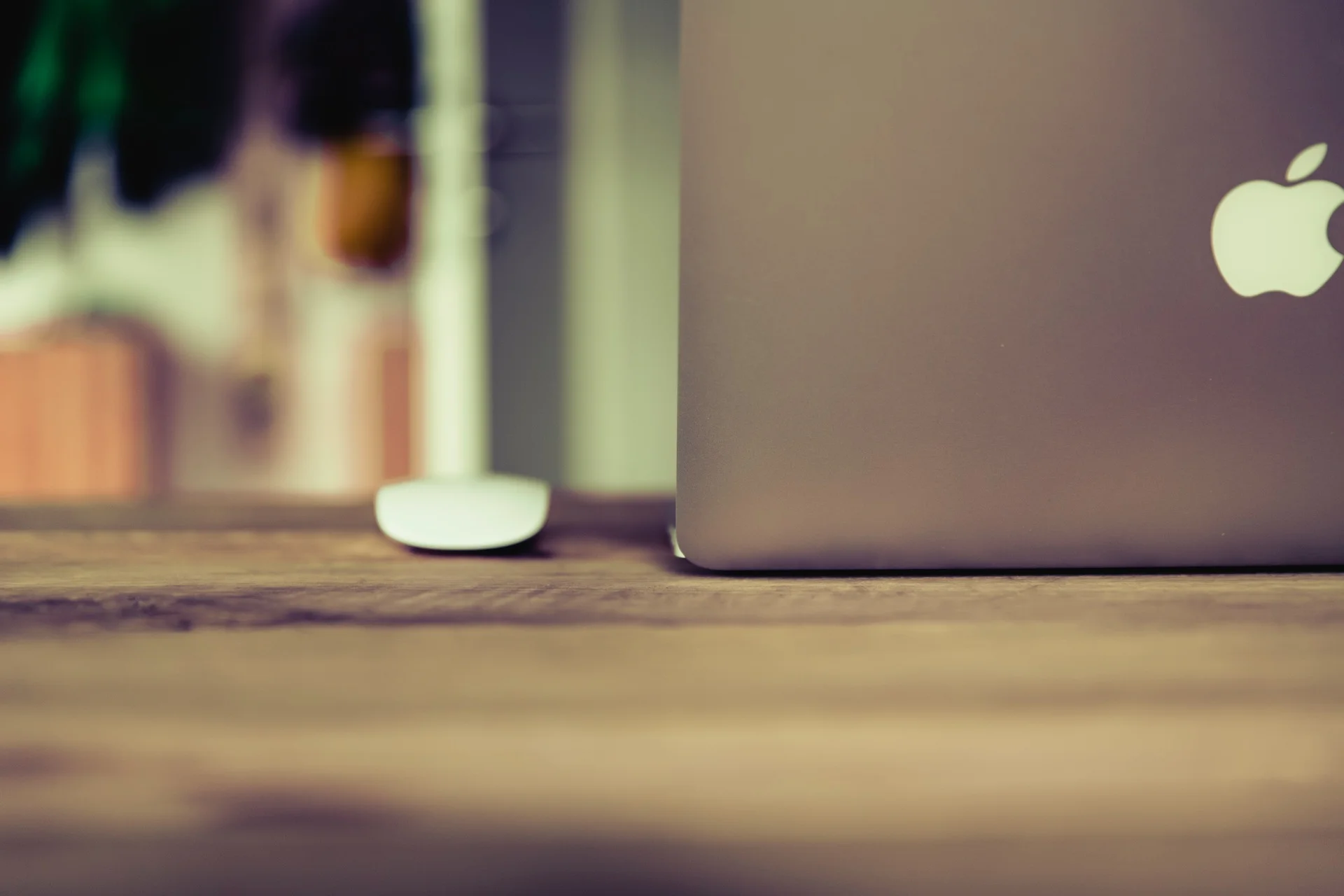Find out why the cheap and cheerful model doesn't work anymore.
Creating a Purposeful Brand for the Post Covid-19 New Normal - Why your brand needs to be purposeful to be culturally relevant and why it needs to happen fast
Find Your Why and Futureproof your business and learn to beat The Split
The Planet Type problem
We published something the other day about Millennials, which reminded me...
The planet's not in a good place at the moment. In fact, if you look at it objectively, it couldn't get much worse. It sounds pessimistic, I know - but hear me out.
There's this scale which classifies how advanced a civilisation is based on how well it harnesses energy. It's called the Kardashev scale, and it runs from Type 1 to Type 3. A Type 1 civilisation is able to harness the entire energy output of its local star; a Type 3 is able to harness the energy output of the galaxy.
Type 3's a way off yet, granted. Type 1 relates to you more than you might realise.
Because the sad truth is this: We're not even on the Kardashev scale yet. We're a Type 0 planet - that's one which still harnesses the energy of dead plants and animals. The experts believe that we'll probably take the leap to the mighty Type 1 in maybe a century or so, but that doesn't mean we can sit back and let these predictions come true. Quite the opposite, actually: We've got our work cut out.
Think about the world now. Then think about what it'd take for it to come together as one connected, purposeful organism - to do something as grandiose as utilising not just some but all of the Sun's energy. We've got some steps to take first, that's for sure. As the business and thought leaders of this generation, it's our responsibility to own this journey, and inspire the right kinds of action to move our planet forward. The fate of our civilisation depends on it: If we do choose to opt out, our great grandchildren may live their lives in scarcity and hardship.
We need to end poverty; how can we get everyone fighting for one united cause if we let our own kind go hungry?
We need to end conflict; how can we stand together as one planet, if we kill each other over small-minded ideals?
We need to be efficient and mindful; how can we adopt a cosmic source of energy if we can't even manage and maintain our own?
These are just a few of many, and of course, there'll be dozens - hundreds - more to master before we can conceive of upgrading to Type 1. But we have the power to take each one of these problems and challenge them. To make a difference. It's not for nothing; we're potentially on a path to something awe-inspiring. The time is now to decide: Does humankind thrive, or does it perish?
I'd love to chat about the Kardashev scale at length if anyone's interested. Drop me a message at louis@wearefolk.com. Or, if you fancy reading about it a little more, take a look here.
Thanks for reading,
Louis
Millennials now bigger than Baby Boomers, recent study suggests
For a long time, the largest market segment by generation was the Baby Boomer: That's anyone born between 1946 and 1964. And, as with any generation, they were born into a set of ideals, values, cultures, and technologies which would ultimately have bearing on their world-view - specifically, their approach to business.
But now, according to the Census Bureau, that's no longer the case. Now, the group with the largest market influence - in terms of purchasing, employment, and business leadership - is the Millennial.
Millennial attributes
- Adapt rapidly
- Crave change and challenge
- Create constantly
- Resilience
- Committed and loyal when dedicated to an idea, cause, or product
- Accept others of diverse backgrounds readily and easily
- World-centric
Baby Boomer attributes
- Adaptive
- Goal-oriented
- Focus on individual choices and freedoms
- Ability to change in a diverse workplace
- Positive attitude
Millennials - who've come into the world between 1980 and 1994 - have been born into technology at a point of unprecedented innovation. Unlike Baby Boomers, they don't see iPhones and the Internet, and so on and so forth as great feats; they see them as the foundation - the basic level from which all else stems. For them, these things have always been available. But rather than take them for granted, we've seen exponential growth in connectivity and problem solving - and this has catalysed technology to advance at an incredible rate.
Combine that with their world-centric attitude, where everyone lives in a global village, and the only brands and products that matter are ones that have a cause behind them... truly, they offer the potential to radically influence the way the planet works for the better.
The biggest challenge for business owners is making the shift from this Baby Boomer mindset, into one which caters to these ideals. Whereas the Baby Boomer was focused on the road in front of the individual, the Millennial is focused on the road in front of the planet. In order to really cater to these tribes, you need to delve deep into the way you do things.
We could get into usefulness metrics, and purpose, and tribal leadership, but we'd be typing away for hours. If this is a challenge you'd like to embrace for your brand or business, there's no better time than now.
Book an illumination session today, and we'll show you that you've had the means to make the change all along.
Why Connectionism makes Industrialism look old hat
It's often tough to accept a concept until it's put plainly and simply, so here it is: Industrialism is old hat. It used to be that businesses would build assets and use them to measure their growth and success.
(And lets' face it: That doesn't feel so great anyway, considering we're all about the tribe.)
But today, it's almost irrelevant - especially if you want and need your business to thrive in the future. Consider the following [1]:
- Über is the largest “taxi” company – yet they own no vehicles and excel at connecting riders with drivers. (Did you know: They booked almost $4 billion in fares in just the first half of last year. [2])
- AirBnB is the largest accommodation provider – yet they own no real estate. (Did you know: AirBnB, with a hard-earned initial investment, are now valued at $1 billion? [3] I reiterate the point about having ~0 assets.)
- Facebook is the largest media company – yet they create no content. (Did you know: Despite not making any of their own content, Facebook saw revenue streams of almost $6 billion in 2015, and now has almost 1.6 billion users worldwide. [4] That's almost a quarter of the world's population.)
- Crowdfunding businesses like Kickstarter and IndiGoGo are expected to surpass venture capital for funding in 2016 – yet they have no funds to invest. (Did you know: Kickstarter reached the $1 billion pledge milestone a couple of years ago. Check out this page for an awesome breakdown of how that looks.)
I don't think it's misplaced to say that these brands are the key to the future of their markets. It's pretty hard to imagine a competitor coming in using an old-school model and surpassing any of them, in any way.
We've said it before, we'll say it again: These success stories all put the consumer - their tribe - at the heart of everything. They each give the people who believe in them the power to take charge and do things their way, on their terms. This truly is the key to building a successful brand and business for this generation.
That said, there's a whole lot of friction from businesses when it comes to shifting the lens on this. Less so from start-up types, granted, but often people are so firmly rooted in place, that they find it impossible - personally, when talking to the board, and so on - to make change happen.
If you're suffering from this friction affliction, and you need a hand turning the ship, do get in touch: Our free Illumination Sessions are just the tonic. In two hours, either in person or via Skype, we shine a light on what it is you're trying to achieve. In that time we'll dig into your business context, project goals and critical success factors in order to discover the best method of connecting you with your tribe. Please click below to find out more.
Thanks for reading,
Folk
[1]. Ian Altman. (2015). Top 10 Business Trends That Will Drive Success In 2016. Available: http://www.forbes.com/sites/ianaltman/2015/12/01/top-10-business-trends-that-will-drive-success-in-2016/#39ed3e3e5571. Last accessed 5th May 2016.
[2]. Brian Solomon. (2016). Uber's financials show huge growth, even bigger losses. Available: http://www.forbes.com/sites/briansolomon/2016/01/12/leaked-ubers-financials-show-huge-growth-even-bigger-losses/#11624e9c5c99. Last accessed 5th May 2016.
[3]. Morgan Brown. (2015). AirBnB: The growth story you didn't know.Available: https://growthhackers.com/growth-studies/airbnb. Last accessed 5th May 2015.
[4]. Josh Constine. (2016). Facebook Climbs To 1.59 Billion Users And Crushes Q4 Estimates With $5.8B Revenue. Available: http://techcrunch.com/2016/01/27/facebook-earnings-q4-2015/. Last accessed 5th May 2016.






